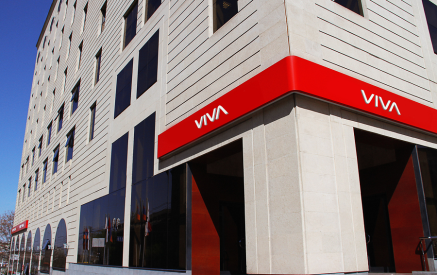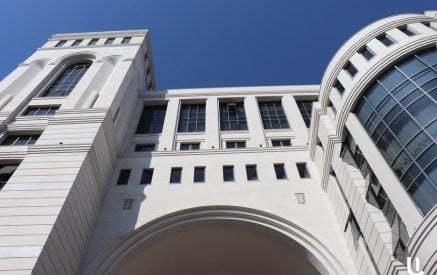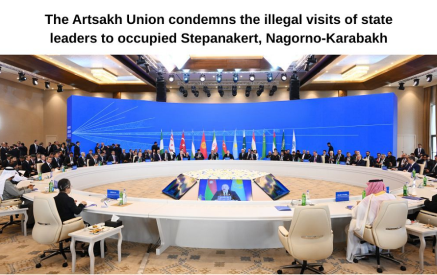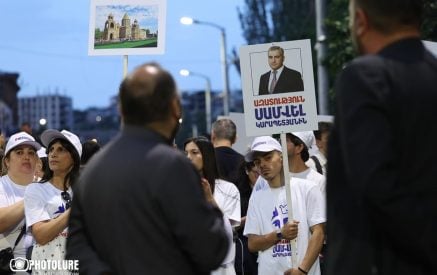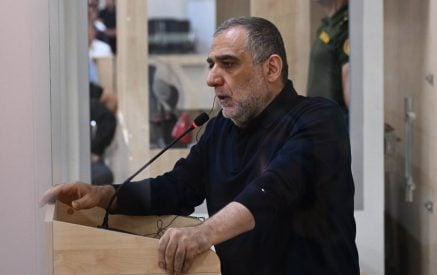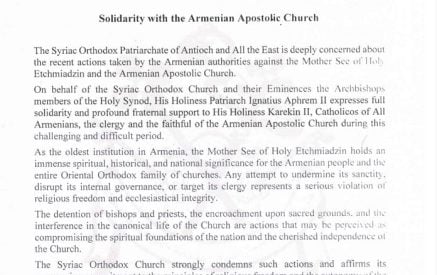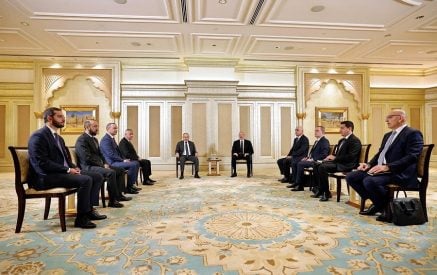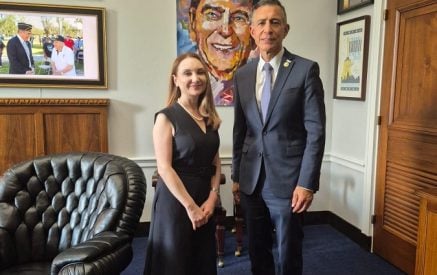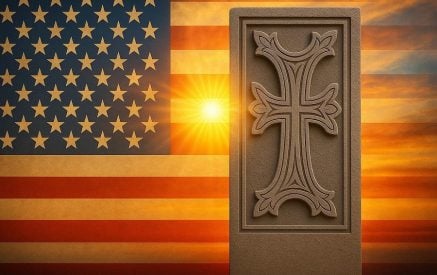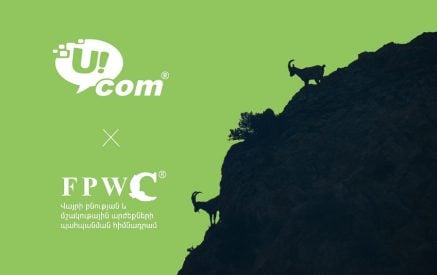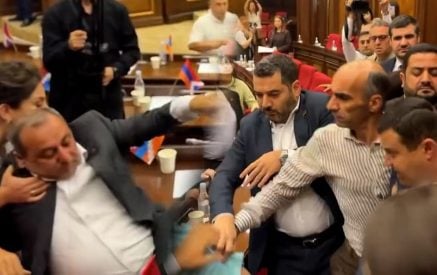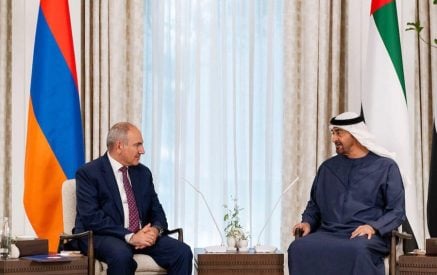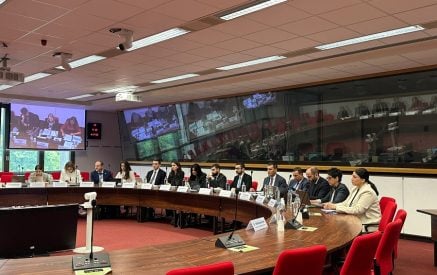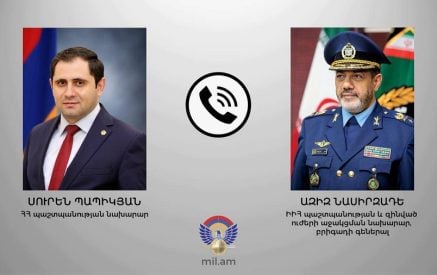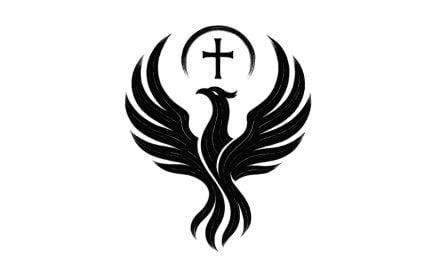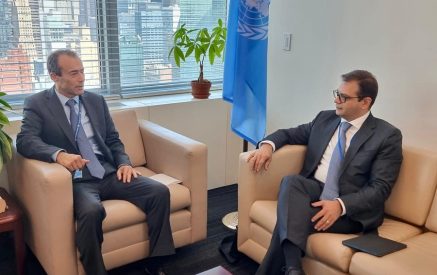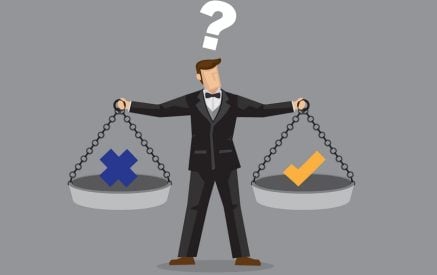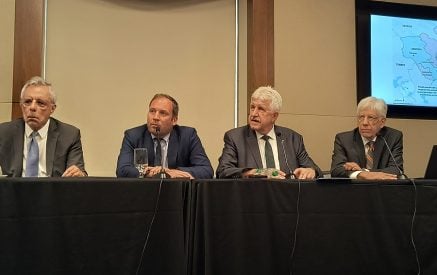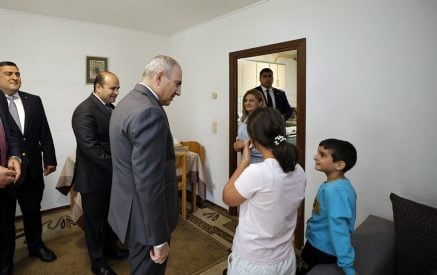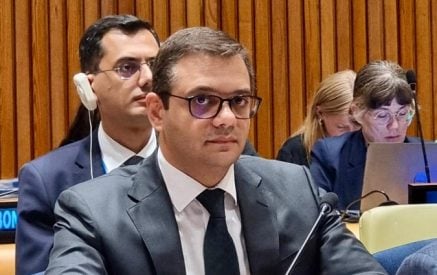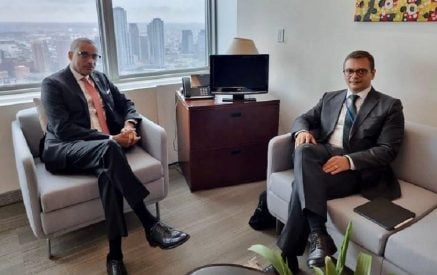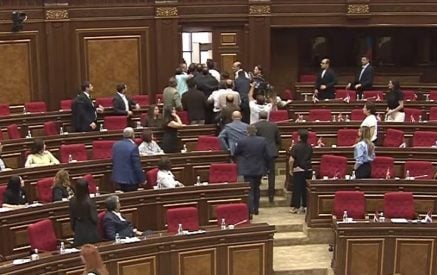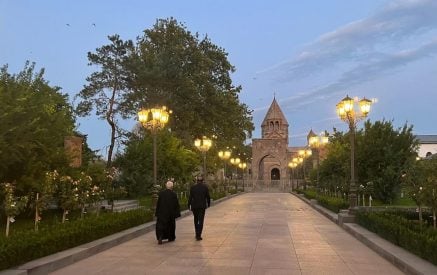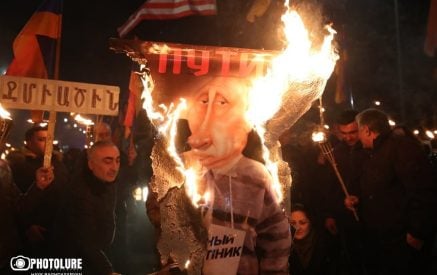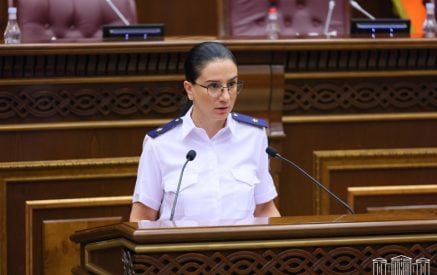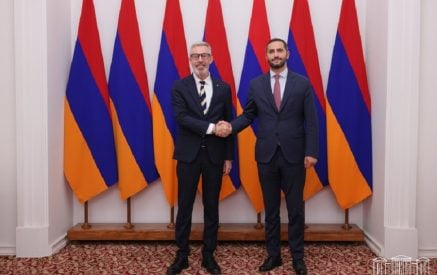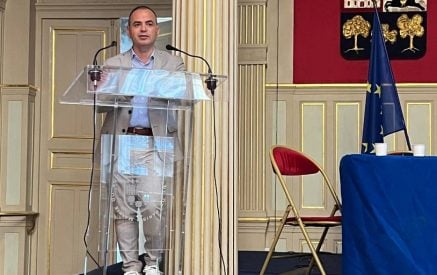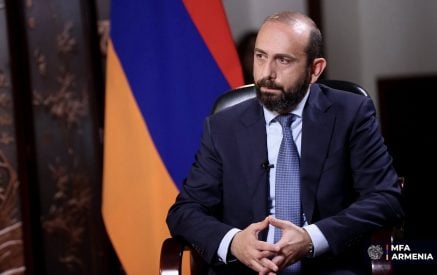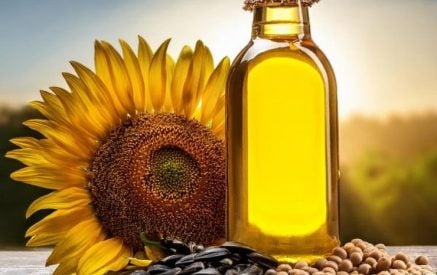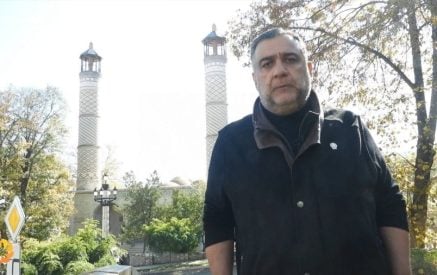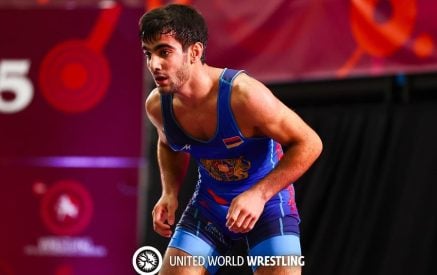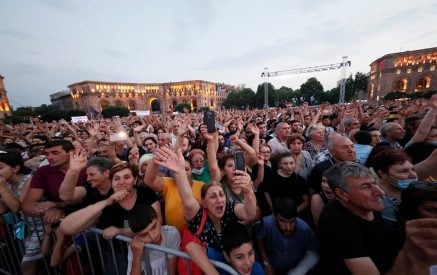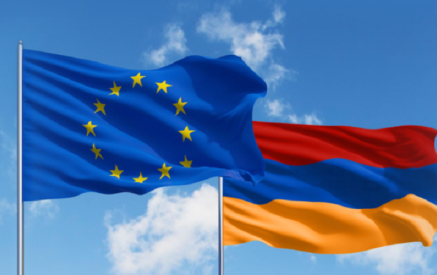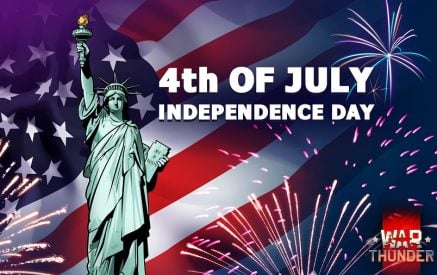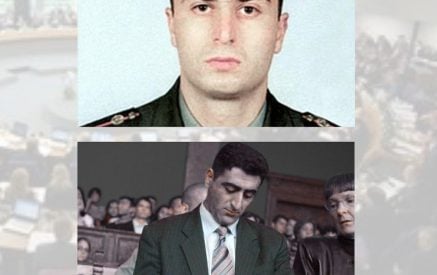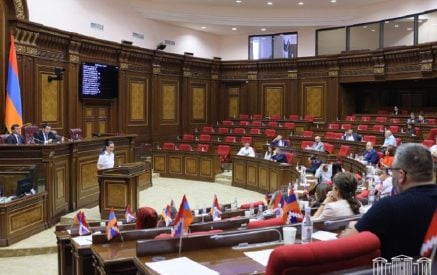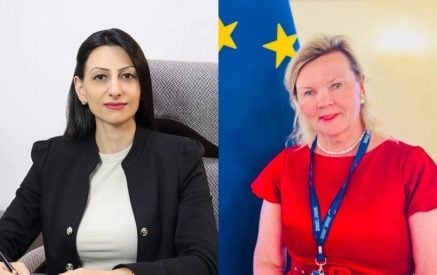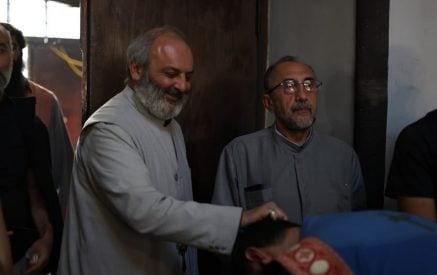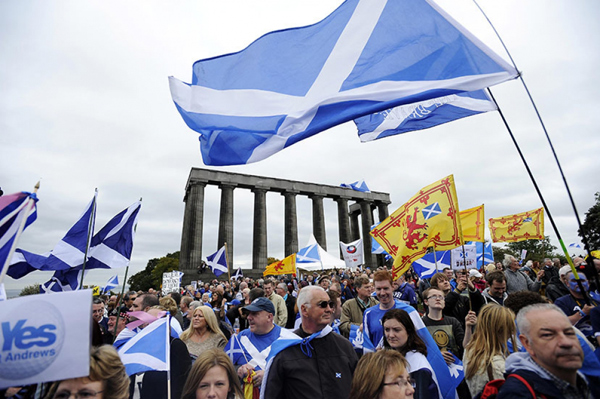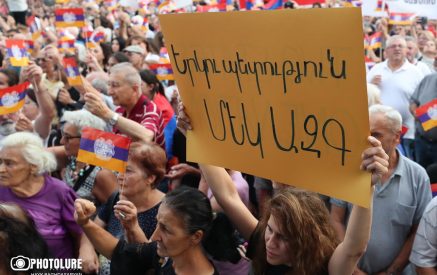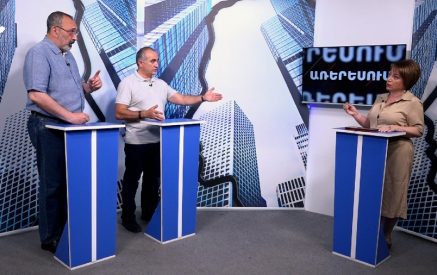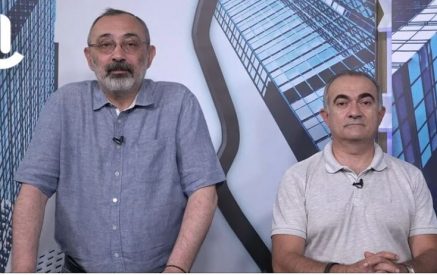Scotland’s independence referendum is over with 54 % “cons” and 46 % “pros”. They said “no” to the independence. What was it? A pragmatic calculation, fear of uncertainty, or maybe something else? To this question of “Aravot”, Secretary of the “Heritage” faction, Tevan Poghosyan, said, “In this specific case, the results of the referendum are not important to me, but the fact that Scotland exercised its right to self-determination. Without any pressure, without war, without fights, without any shot, they had a chance to implement their expression of will. And it’s not the first time. Some 12 years ago, they also held a referendum and at that time, 30 % of the population said “yes” to the independence.
During these years, Scotland has not lost its well-being, its level of life in terms of economy has not fallen, it is not that these factors forced them to think about being independent. They just wanted to live free and independent, in their own country as Scots. True, currently the number of independents is not the majority, but as compared with the previous referendum, we must see that their number has been increased by half, 45 % “yes” instead of the last time 30%. Maybe a few years later, they would initiate a new referendum and be independent. But it, I repeat, is not so important, what is important is the process. And the fact that this is the best example of how a country should behave when a part of its wants to be self-determined. It is about the authorities of the Great Britain.”
Our question, however, according to you, why Scotsmen did not want to live in their own independent country, Tevan Poghosyan replied, “I guess you are supposed to be a Scot to understand why they did it, I cannot fully explain their arguments, but perhaps the Great Britain’s Prime Minister David Cameron’s promises were convincing – funds, expansion of autonomy, new projects… maybe people did not want to enter into the uncertainty about the future, they were accustomed to their lives and were not dissatisfied, I do not know, but the important thing is that it was their choice.” Chairman of “Asparez” Journalists’ Club in Gyumri, Levon Barseghyan, is not particularly impressed with the results of the referendum. “I have no particular impression, it is good that people are free to express their will, nothing was rigged, nothing was stuffed in, the dead and migrant workers did not vote, in any case, they decide what is good and bad for them.”
Our question, in other words, it turns out that independence “is not an absolute value,” there are more “important” things, Mr. Barseghyan replied, “Freedom is the absolute value, as I recall, and if they decide freely, then they are the masters of their freedom. Of course, London applied every effort to change the sentiment, but so far, as I understand, all the efforts were within the framework of legality, presentation of risks and promises for reforms. I have the impression that if they were independent, some time later, they would reunite voluntarily, so, now, it seems they have jumped over this stage.” An Artsakh writer, also publicist, Vardges Ovyan, is not also impressed with the referendum held in Scotland. “It may seem strange, but to be honest, the Scottish referendum for independence did not leave a specific impression on me, and I am surprised that once again we, Armenian, having the issue of Artsakh in front of us, are excitedly discussing and analyzing whether at least this one would become a precedent or not, forgetting that the world, or the so-called, the international community no longer cares about the precedents. But this is another issue… And as to whether this was a victory of pragmatism, or fear of uncertainty or something else, it’s hard to say for sure that it is this one or the second one. But, according to me, hardly the fear from uncertainty had played a role here. Scots are a nation with pride and dignity. The ambition to live free and independent is in them for centuries. It just seems to me that the current reality is more preferable for a vast mass living in this country. They did not fear, but they did not want to create an unnecessary headache for them. I think so, it’s very likely that I’m wrong….,” said Mr. Ovyan.
Read also
Vice-Chairperson of “Free Democrats” party, Anush Sedrakyan, mentioned that she excludes that the Scots said “no” to independence because of fear to uncertainty. “I exclude the factor of uncertainty, because becoming independent Scotland was not going to be deprived of commercial and cultural cooperation. There was also no security threat. This referendum simply proved that the principle of peaceful coexistence wins in the countries with true democracy. The main emphasis of this referendum was that people can realize their right to free expression of will at any moment, and under the rule of law, the limits are not so important.” The Board member of the same “Free Democrats” party, Armen Arakelyan, evaluated the decision made by the Scots as “a victory of pragmatism.” “They determined to live in the United Kingdom jointly, where their freedoms and national identity are not abused.”
Melania BARSEGHYAN


